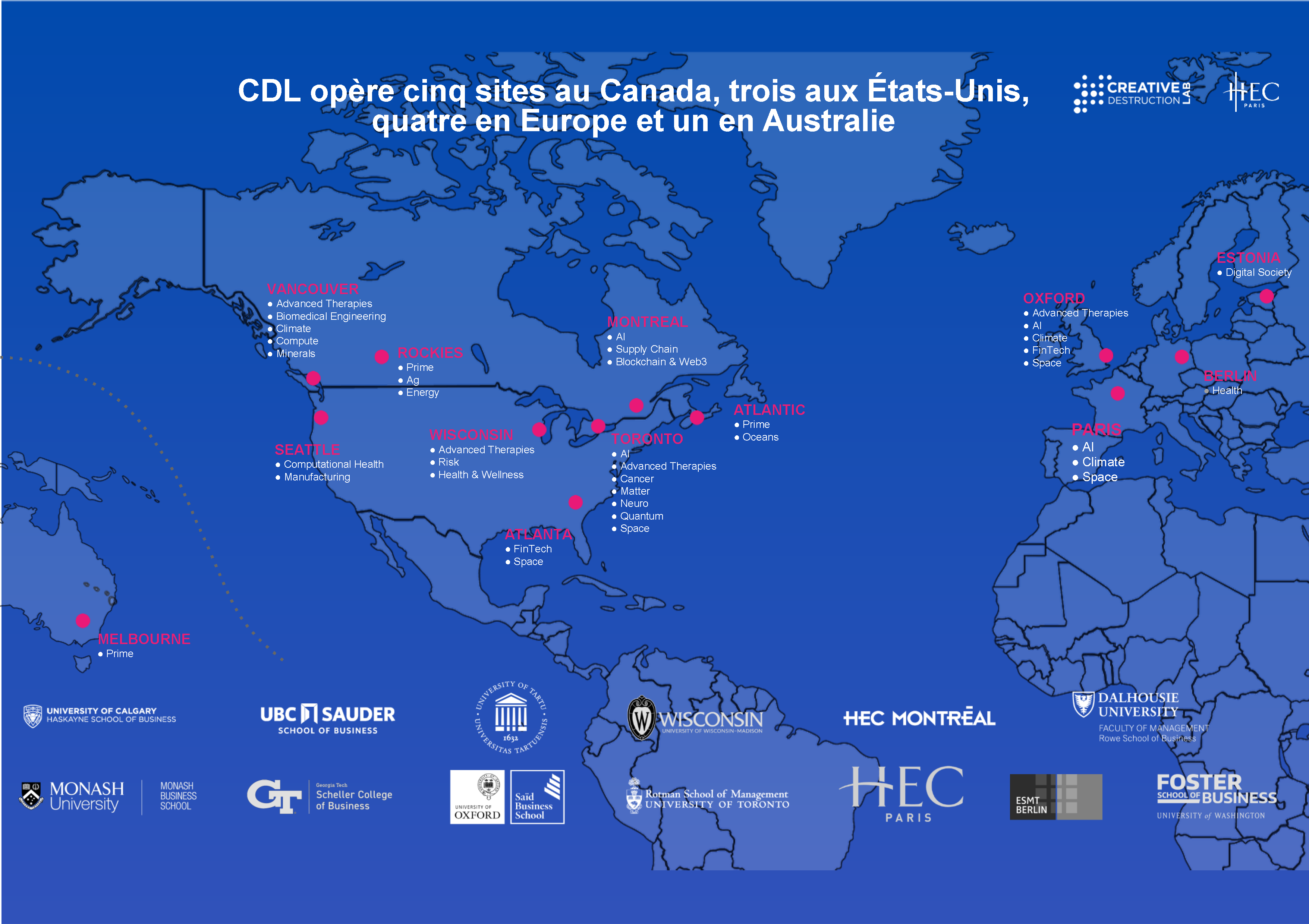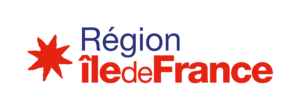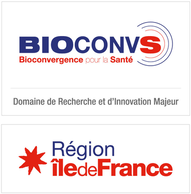CDL Bioconvergence
HEC and BioConvS are joining forces to launch CDL-BIOCONVERGENCE, an international-scale start-up accelerator in Île-de-France focused on health biotechnologies.
The goal is to accelerate the transformation of scientific discoveries into innovations by leveraging the strengths of DIM BioConvS, reinforced by the effective international accelerator model, CDL.
The idea is to offer a free program for founders of French companies in the seed stage (early venture capital or growth) who are using technological innovations with a scientific focus that promise the potential to bring massive improvements to French economic productivity and human well-being.
The goal of CDL Paris is to give a boost to French startups to:
- Strengthen the commitment of startups and the quality of entrepreneurs
- Optimize strategic positioning
- Showcase local French excellence at the European and even international level
- Attract foreign entrepreneurs and investors
Become a patron and partner of promising companies
Exceptional networking opportunities
Join a unique network of founders, CEOs, partners, scientific experts, and venture capitals from various industrial sectors
Participate in exclusive events within the HEC ecosystem
Access a pool of CDL MBA students eager to work with startups
Opportunities for transformation
Investment opportunities: early access to fundraising rounds
Strategic business opportunities
Creative Destruction Lab
A proven accelerator, internationally dedicated to massively scalable scientific and technological startups in their early stages.

Value through equity
€28 billion
Successful commercialization of cutting-edge science through this program
Number of sites
13
CDL operates across 13 locations, each affiliated with a leading research institution and a business school.
Participation of founders & alumni companies
2300+
Over 4000 founders representing more than 2300 companies have participated in the CDL program.
The CDL Bioconvergence stream project
Despite its strong resource potential and various measures to foster the growth of startups, France continues to struggle in developing successful companies stemming from research in the fields of biotherapies, synthetic biology, and bioproduction. It ranks only 31st worldwide in terms of synergy between academic research and businesses in 2021, down from 26th place in 2020 (Senate Information Report No. 655 (2021-2022), submitted on June 8, 2022).
The stage of strategically positioning research-based technologies within the right industries or new startups, in the right places in value chains, with the right economic and commercial structure, is struggling to become a practical reality.
This issue is multifaceted. There is a cultural gap, a lack of exchange, mutual knowledge, and understanding between researchers, industry, and investors. The existing support for market fit is often limited to technological dimensions, neglecting commercial and strategic aspects, which are crucial.
French biotech companies must currently consider the American market for their commercial development, as the size of the American market accounted for 40% of the global pharmaceutical market by value in 2020 (Global Medicine Spending and Usage Trends, IQVIA Institute, March 2020).
Often, French and European biotechs must find a balance that allows them to maintain certain activities on their home soil, or at least a significant part of their activities, while pursuing others in America to get closer to the U.S. market.
One example is a biotherapy company developed in the United States from academic research in the Île-de-France region (Généthon), which has been working on developing a gene therapy for type 1 spinal muscular atrophy since 2004 by Martine Barkats’ team. In 2019, this gene therapy treatment based on technologies from Généthon was developed in the United States (license agreement with AveXis acquired by Novartis) and obtained marketing authorization in the U.S., followed by France in 2020. This is Zolgensma, which is one of the most expensive drugs in the world, with an injection costing 2 million euros.
It is important for startups to be able to connect with major corporations present in France and Europe to favorably evolve during their growth and commercialization phases. The emergence of European and French players is a positive trend that will increasingly facilitate the development of funds at scale.
In this context, DIM BioConvS operates alongside HEC with CDL Paris to develop a Bioconvergence stream dedicated to supporting projects in the field of biotechnology.
Bioconvergence is the integration of biology with other fields such as engineering, physics, and data sciences to create innovative solutions in healthcare, biotechnology, and beyond. It involves combining the principles and tools of these disciplines to more effectively address complex biological challenges. By linking biological systems with technological advancements, bioconvergence enables breakthroughs in areas such as precision medicine, advanced therapies, and biofabrication. This interdisciplinary approach accelerates the development of sustainable diagnostics, treatments, and bioproduction processes, ushering in a new era of innovation that leverages the strengths of various scientific disciplines.
Do you want to take part in the development of the CDL BioConvergence stream?
Consult our data protection policy
Address:
DIM BioConvS
Faculté des Sciences - Université Paris Cité
5 rue Thomas Mann 75013 Paris


